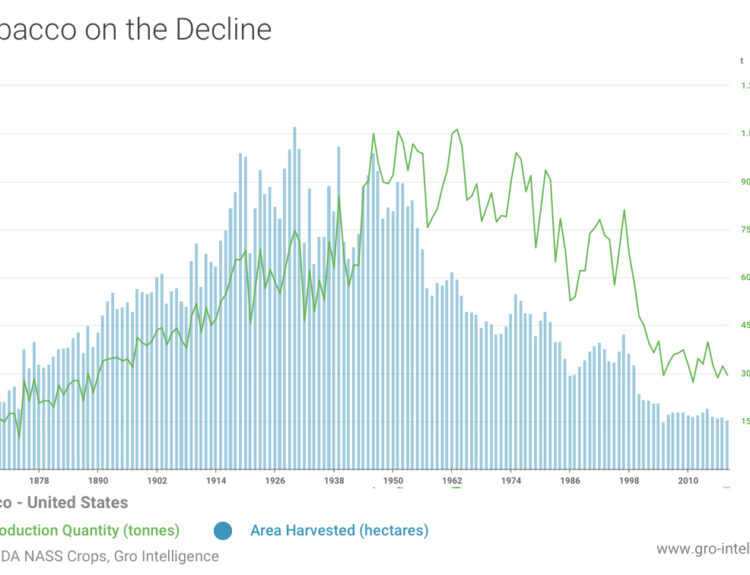A wake-up call for Israel as Iranian missiles breach defenses with alarming efficiency.
- Iran’s missile strike overwhelmed Israeli defenses in some areas.
- The attack involved approximately 180 ballistic missiles, marking one of the largest strikes in warfare history.
- Most missiles were Iran’s modern Fattah-1 and Kheibar Shekan types.
- Satellite imagery revealed that 32 missiles hit the Nevatim air base, but damage was limited.
- Israel’s military response is under consideration, with threats from Iran targeting civilian infrastructure.
In a significant escalation, Iran launched a barrage of ballistic missiles this week that reportedly overwhelmed Israeli air defenses in certain locations, according to independent analysts who reviewed satellite imagery. While the damage was limited, the implications of such strikes could be severe if Iran targets civilian infrastructure or densely populated areas in future attacks. This situation is critical as Israel weighs its military response to potential Iranian aggression. Iran has issued threats to target Israeli power plants and oil refineries if Israel retaliates against Iranian territory in the expected counterattack. Unlike a previous attack involving slower cruise missiles and drones, this recent strike consisted solely of around 180 faster ballistic missiles, making it one of the largest missile assaults recorded. Analysts noted that the speed of these missiles complicates interception efforts, as highlighted by Ulrich Kühn from the Institute for Peace Research and Security Policy in Hamburg. Satellite images indicated that 32 missiles struck the Nevatim air base, home to Israel’s F-35 jets, although most landed in less critical areas. The Israeli military confirmed that operations at Nevatim continued normally, with no significant damage reported to aircraft or personnel. Despite the limited impact, the attack raises concerns about the effectiveness of Israel’s missile defense systems, which are sophisticated but limited in number. As tensions escalate, Israel’s military strategy will likely focus on neutralizing Iran’s missile capabilities, which pose a growing threat to its national security.·
Factuality Level: 7
Factuality Justification: The article provides a detailed account of recent missile strikes and military analysis, supported by expert opinions and satellite imagery. However, it includes some speculative statements and opinions that could be interpreted as bias, particularly regarding the effectiveness of missile defenses and the implications of the strikes. While the information is mostly factual, the presence of subjective interpretations and potential exaggerations in the analysis detracts from its overall objectivity.·
Noise Level: 8
Noise Justification: The article provides a detailed analysis of the recent missile strikes from Iran to Israel, including expert opinions and satellite imagery analysis. It discusses the implications of these strikes on military strategy and air defense effectiveness, while holding both Iranian and Israeli military actions accountable. The article stays on topic, supports its claims with evidence, and offers insights into the potential consequences of the ongoing conflict.·
Public Companies: Israel Aerospace Industries (IAI)
Key People: Ulrich Kühn (Head of Research for Arms Control at the Institute for Peace Research and Security Policy), Jeffrey Lewis (Professor at the Middlebury Institute for International Studies), Nadav Shoshani (Israeli Military Spokesman), Tim Ray (Retired General, former Commander of the U.S. Air Force Global Strike Command), Ali Fadavi (Deputy Commander of the Islamic Revolutionary Guard Corps), Kenneth McKenzie (Former Commander of the U.S. Central Command)
Financial Relevance: Yes
Financial Markets Impacted: Yes
Financial Rating Justification: The article discusses military actions between Iran and Israel, which can have significant implications for financial markets, particularly in the energy sector. Iran’s threats to target Israeli power plants and oil refineries could disrupt oil supply and impact global oil prices. Additionally, the military capabilities and responses of both nations could affect investor sentiment and market stability in the region.·
Presence Of Extreme Event: Yes
Nature Of Extreme Event: Armed Conflicts and Wars
Impact Rating Of The Extreme Event: Moderate
Extreme Rating Justification: The article discusses a significant missile attack by Iran on Israel, which involved a large number of ballistic missiles. While the damage was limited and did not result in casualties, the potential for future attacks targeting civilian infrastructure raises concerns about the conflict’s escalation. Thus, the impact is rated as moderate due to the military implications and threats involved.·
Move Size: No market move size mentioned.
Sector: All
Direction: Down
Magnitude: Medium
Affected Instruments: Stocks
 www.wsj.com
www.wsj.com 





